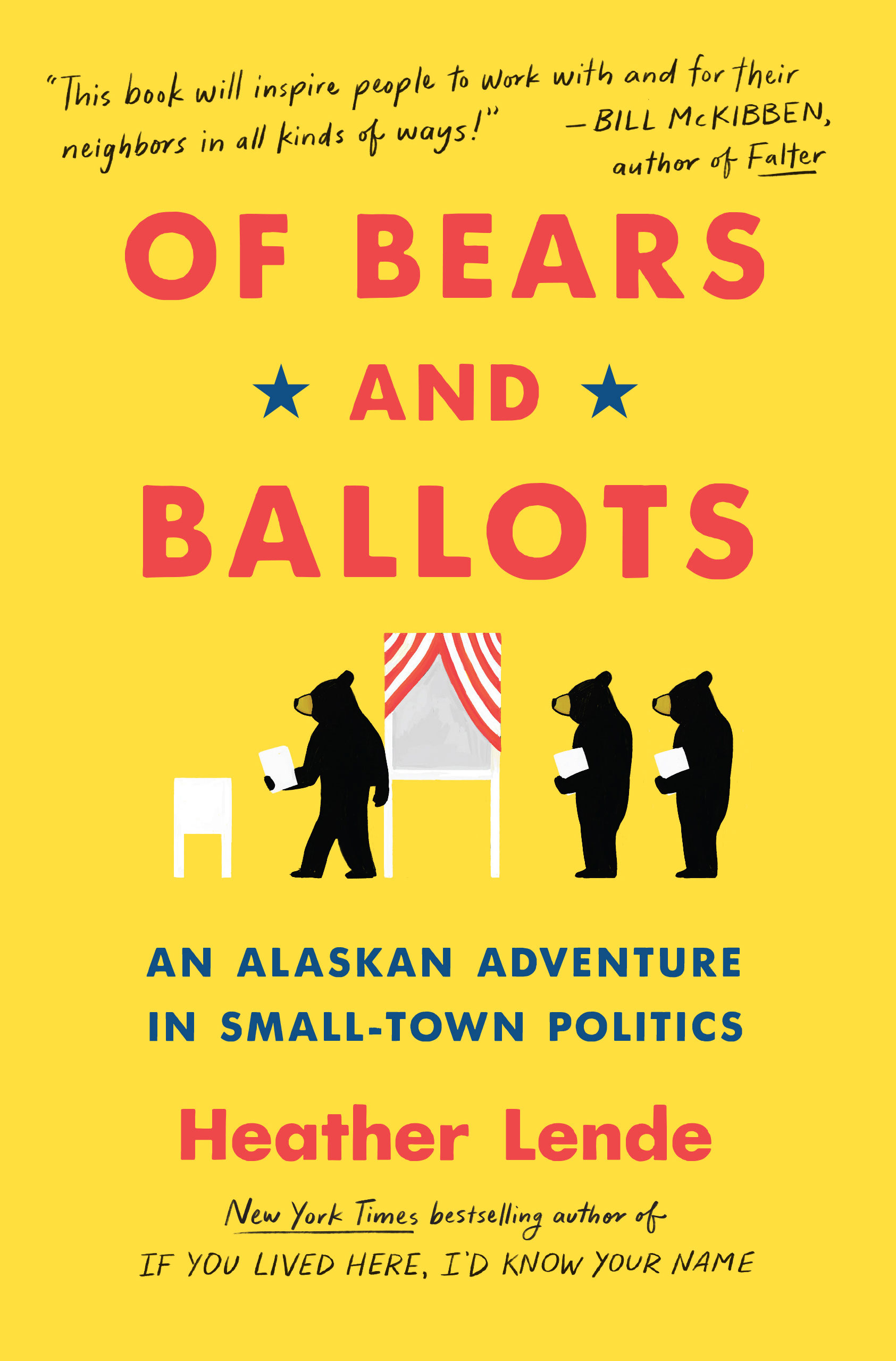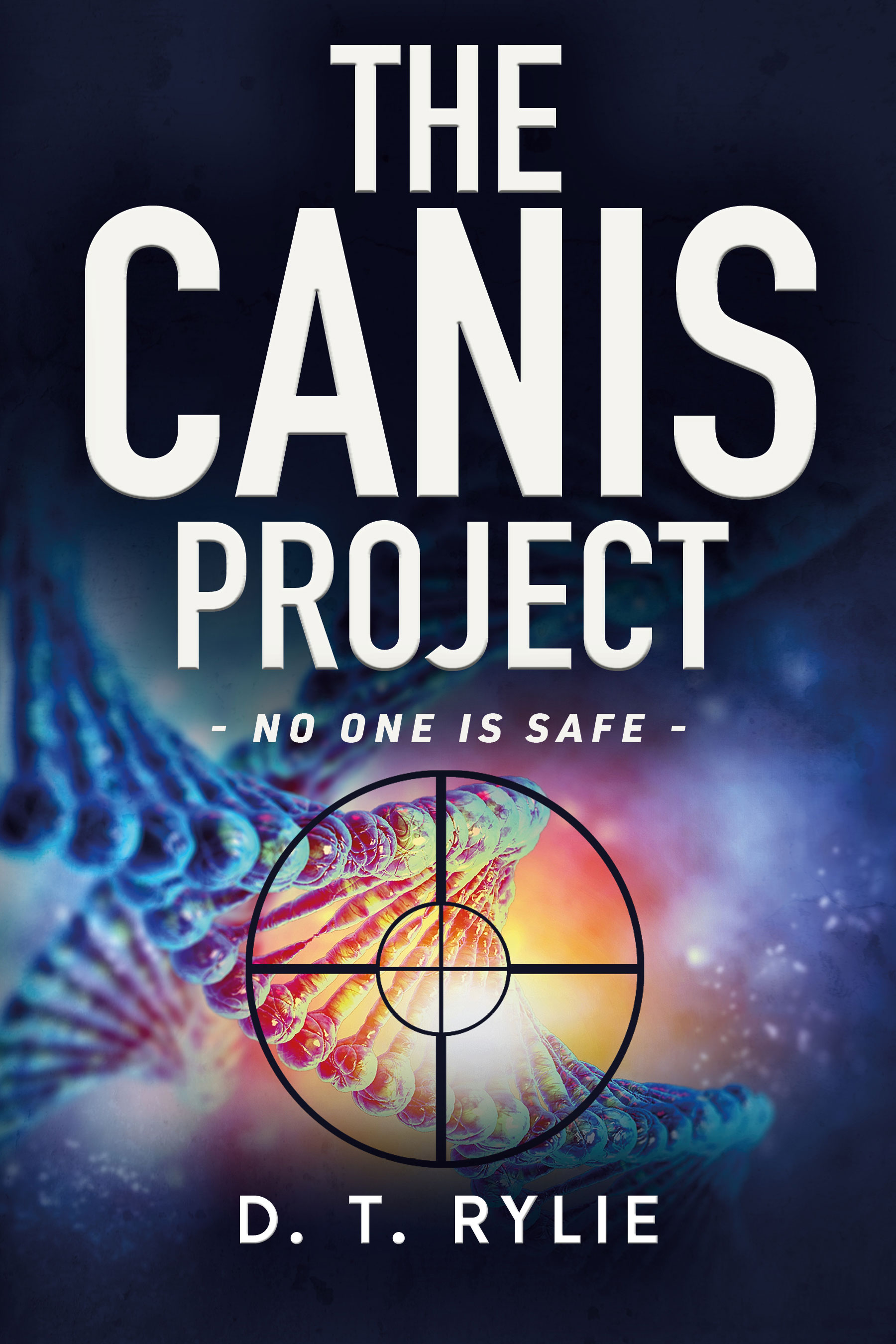Seawolf scribes: Bookmark these UAA alumni authors
by Matt Jardin |

As the ongoing coronavirus pandemic continues to drive many of us indoors, there’s never been a better reason to pass the time by hunkering down with a good read. Here are four books from UAA alumni authors to add to your reading list.
Chaun Ballard
M.F.A. Creative Writing and Literary Arts ’17
Latest release: Flight

Writers are no stranger to delaying the actual act of writing, and Chaun Ballard is no exception. His chapbook Flight comprises works he describes as “poems he did not want to write.”
“I remember going to a workshop in Barbados and being told to write those poems that I didn’t want to write and not to hold on to the side of the pool, but to let go and wade in the water,” said Ballard. “So I let go of the side of the pool and I decided I was going to write those things I didn’t want to write.”
Flight is a collection of poetry about the African American experience in the United States. Some of the poems were written as early as his time attending UAA. All of the work is the result of addressing issues he felt passionately about.
“In many instances, the poems in Flight speak to and for the gone,” said Ballard. “For me, it was something that was kind of painful to write, but at the same time, it was hopeful. I like to think it’s a book of poems that hurt with hope and I think that’s how I would define the collection. It hurts with hope and it hopes with hurt.”
Ballard hopes that these poems provide a pathway to a conversation, which is more crucial than ever in the wake of protests sweeping the nation and the issue of systemic racism front and center.

“What I really want is for them to read that experience the speaker is going through and to create empathy,” said Ballard. “I want to communicate, I want to have a dialogue, I want to have a conversation and I want that reader to have a conversation with themself or someone else. I’m hoping it reaches the heart and that’s my goal when I’m writing. I hope that anything I write will reach the heart.”
Ballard knows the importance of reaching the heart. Inspired by poet Quincy Troupe, a fellow St. Louis, Missouri native, Ballard’s own understanding of how poetry can sound and what the form could say expanded dramatically thanks to that personal connection.
“Quincy Troupe wrote this poem talking about his father and baseball, and I connected with it because my father grew up playing baseball in St. Louis,” said Ballard. “It was the first time I read contemporary poetry where someone spoke in that African American vernacular. I didn’t realize I could write like that. I didn’t know I was allowed to. That was the moment I said, ‘Oh, I can write like myself, I can be myself.’”
More recently, Ballard was announced as one of the winners of the 2019 Alaska Literary Awards. Using the resulting fellowship, Ballard is working on a book of essays that expand on some of the ideas he touched on in his poetry in Flight. Like his poems, the essays were something he was initially hesitant to start writing. But now he’s dived right in.
“Being African American, you experience a lot of things that you’re told is a figment of your imagination. What happens is you become silent because everything around you is telling you to be silent. So you practice that silence and don’t speak on those things. With me, there are things I didn’t want to get shut down for saying. I just wanted to learn how to read and write poetry and just enjoy it, but not have anything to say,” he said. “The word essay means to try, so you have that fear if you try you will fail. Then you feel like you’re not as knowledgeable about the subject. What’s cool is you are the expert of your own story. If anything, we can tell our story, and usually our stories are the things that connect with other people.”
Heather Lende
M.F.A. Creative Writing and Literary Arts ’11
Latest release: Of Bears and Ballots

One of the most common bits of writing advice is to write what you know, and Heather Lende knows Haines. Throughout her career, Lende has written about her town in three collections, each one different from the last — from humorous observations about the locals to reflections from her time as one of the obituary writers for the local paper.
Even though she considers her topic of expertise “narrow,” there’s enough about Haines that changes to keep things fresh for each book.
“Every single day is different. Every encounter is different,” said Lende. “There are things I wrote 30 years ago about the town that I wouldn’t write today, and there are things I’m writing about today that I didn’t feel like I had the voice to write about 30 years ago. Relationships change, times change, you change, and I suppose the backdrop is the small town, but there’s different things that are front and center at different times.”
Of Bears and Ballots, Lende’s recent fourth release, is inspired by her three-year term on the Haines Borough Assembly. Her tenure was mired in controversy from the start after a recall campaign targeting her and one other assembly member began and lasted her entire time on the assembly.
Although she had not intended to write a book about her time as an assembly member thinking nobody would be particularly interested in the normal operations of local government, the added angle of the recall campaign proved to be the key ingredient.

“My writing always has to have some sort of greater significance to the wider world, something that somebody who didn’t know me or didn’t know anything about Haines would feel like they were a part of that story and it would move them somehow or see the world differently,” said Lende. “Really I owe the book to the recall organizers because that’s when it became a story that might resonate outside of our community, especially with the impact of social media, the willingness of people to believe the worst about people they know, and how even in a small town it can be discouraging that spread of untruth.”
Fans of the show Parks and Recreation should feel right at home as Of Bears and Ballots perfectly captures the hilarious minutiae of local government in addition to the overarching narrative of the recall campaign. Committee reports are peppered throughout the book like interstitials, providing an insider look at the often absurd debates regarding issues like outhouse construction and the banning of plastic grocery bags.
“There’s a lot of stuff that happens in the midst of all the drama. Regular government continues, and it’s serious and it’s funny. It’s life in Haines,” said Lende.
In addition to laughs, Lende hopes that Of Bears and Ballots will inspire readers to become active participants in local government.
“If we’re going to do better, and we’re talking about everything from school systems to libraries to systemic issues and things like police departments, the place where you change the system can be both outside and inside,” she said. “Protesters can call for what needs to happen, but there are people that have to do the work of changing it, and that’s the people who serve in office. It’s pretty much open to anybody who wants to give it a try, and I think it gives people an understanding of the joys and frustrations of it. But if I can do it, anybody can.”
Shane Castle
M.F.A. Creative Writing and Literary Arts ’05
Latest release: Moby-Dork

Video game players who just finished the recent The Last of Us Part II will feel right at home with Shane Castle’s new story. Moby-Dork is a novel published for free on a website using interactivity to tell a tragic epic about obsession set in the zombie apocalypse. While the juxtaposition of the undead and Moby-Dick seems to clash, Castle says the two are more similar than they appear.
“Moby-Dick is this daunting tome. It looms over America as a sort of cultural zombie. It refuses to die no matter how much people resist,” said Castle. “People think of Ahab as an obsessive character in the book, because he is. But Ishmael the narrator is every bit as obsessive. He’s madly focused on the science of the whale and getting everything just right. He’s this uber-nerd, and somewhere along the line, I drew a connection to zombie fans that if you go online will see obsess over these quasi-dead versions of us.”
Upon first glance, Castle notes that anything with zombies can appear juvenile. However, zombies have the capacity to serve as a rich vehicle for exploring a variety of social issues, harkening back to its origin in Haitian spirituality.
“Zombies are this still-developing myth of our time. It’s complex in that it’s built on a major act of cultural appropriation,” said Castle. “It’s all of these dynamic things that you get when you start talking about zombies. All of those things combined make it rich and visceral as a metaphor and as a symbol, and there’s a lot of potential for interesting discoveries about who we are and what we want and how we want our world to look or if we’re willing to just give up on it.”
Conceived as a traditional book, Castle got the idea to host Moby-Dork on a website to address issues of excess and inaccessibility some critics had of the original Moby-Dick, which contain entire chapters dedicated to topics seemingly unrelated to the main plot, such as the color white and types of knots. On a website, readers can simply read the story of Moby-Dork, and anyone who wants to dive into the appendices that explore the historical, mythological and philosophical backdrop of the story world can do so as well.

“Why not pull those parts out and put them in appendices which are, if you think of it, the most zombie of subaltern literary spaces? It’s the space where all this gunk and mess you don’t want to look at gets hidden. If in Moby-Dick you get these chapters that are total tangents from the plot, in this format you can use hypertext to take a tangent that leaves the thing you’re working on. You leave it if you choose to leave it and if you never come back, so be it,” said Castle.
While the Moby-Dork website was meant to deconstruct some of Moby-Dick’s criticisms, the timing surrounding its release can also be seen as a poetic mirroring of the original novel.
“It seems prescient,” said Castle. “Moby-Dick was written at a time when America was in its ascent, set right at the beginning of the Industrial Revolution. Whereas now, we’re in dark times with steep potential decline. A lot of anxiety is looming over us. So if Moby-Dick is about the ascension of America, Moby-Dork is about the dissolution of America. We’re living in a time that’s so out of control that now felt like the right time to do this.”
According to Castle, Moby-Dork is open to be consumed in a variety of ways — enjoyed as either popcorn entertainment or a work of scholarship.
“I’m sure there are people who would look at this and consider it sacrilege,” he said. “But I would remind those people that in his letter to Nathaniel Hawthorne, Melville called his own book a ‘wicked book.’ If I’m saying this book is a Trojan horse to get zombie fans to think about Moby-Dick, I also see it the other way: to get people who believe that high literature is a very narrow set of things to open their eyes to what you can get from genre writing.”
Pam Barker
B.A. Biological Sciences ’86, B.Ed. Secondary Education ’87
Latest release: The Canis Project

Mistaking Pam Barker’s debut novel for the news is easy, but it’s purely coincidence. After selling her veterinary clinic and spending retirement driving across the country with her husband, Barker, under the pseudonym D.T. Rylie, wrote The Canis Project.
Despite being a work of fiction, the book’s synopsis doesn’t sound like fantasy, which takes place in a world where coronavirus is largely unknown except to veterinarians and medical professionals. Finished in December 2019, Barker recalls seeing the first news of what we now know as COVID-19 while sending her final draft to beta readers.
“Headlines started trickling in about how we’re having this worldwide pandemic of coronavirus and it originated in China and I’m like, ‘Uh-oh,’” said Barker. “It was this weird convergence of my make-believe world and the real world. But I got to say that first month was surreal when all these people were talking about coronavirus.”
Unlike Hollywood movies or primetime shows that are set against the backdrop of a pandemic, The Canis Project tells a story on a much smaller scale. Taking place in small towns in Alaska and Montana, Barker hopes its atypical settings provide a nice surprise for readers.
“Originally it was an idea of escaping the real world, but now that the real world caught up, I don’t know if I can say that,” said Barker. “But for people with an Alaska connection, I hope it’s fun to be able to say, ‘I saw that in the airport,’ or, ‘I’ve been to that bar,’ or, ‘That’s exactly what it’s like to fly in and out of Kodiak.’ A lot of thrillers are set in New York City or LA or places like that, so it’s not often that you get a thriller with scenes set on Afognak Island at a hunting lodge.”

Written as a metaphor for how minor issues can snowball into massive problems, the plot centers around a veterinarian who dabbles in genetics to understand her family’s history with Huntington’s disease, a crippling hereditary disease with a 50% chance of passing to offspring.
Barker began writing The Canis Project in 2000 when she was still a veterinarian in Montana. She first got the idea at a continuing education presentation where she learned how easily a disease like smallpox could spread around the world. After joining a writing group and starting off strong, like many others, life got in the way.
“Like the apparently 98% of people who start writing a novel, I quit,” said Barker. “After I retired, it was one of those things that kept nagging at me. So I went back, pulled it out, and went, ‘First of all, email is a new thing, so I have to update this.’ So I started from the beginning and really didn’t change a lot. I knew the story but I updated it to reflect where we are with social media and cell phones.”
With her first novel under her belt, Barker is already looking ahead. She began working on a follow-up story, which is also auspiciously plucked from the headlines.
“Believe it or not, I started fleshing this out about three months before Tiger King came out,” she said. “In our travels, one of the things we did is volunteer at these big cat sanctuaries that clean up the mess of roadside zoos and captive tiger breeding. I was blown away by the scope of this problem. So this follows the same characters and stumbles into this world of hybrid and captive big cats which is entwined with drug smuggling and human trafficking and money laundering. So again, she’s trying to be this small-town vet and this problem winds up on her doorstep, and what seems like one thing turns into something different and unexpected.”
Check out six more books from UAA alumni authors here.
Written by Matt Jardin, UAA Office of University Advancement
 "Seawolf scribes: Bookmark these UAA alumni authors" is licensed under a Creative Commons Attribution-NonCommercial 4.0 International License.
"Seawolf scribes: Bookmark these UAA alumni authors" is licensed under a Creative Commons Attribution-NonCommercial 4.0 International License.














